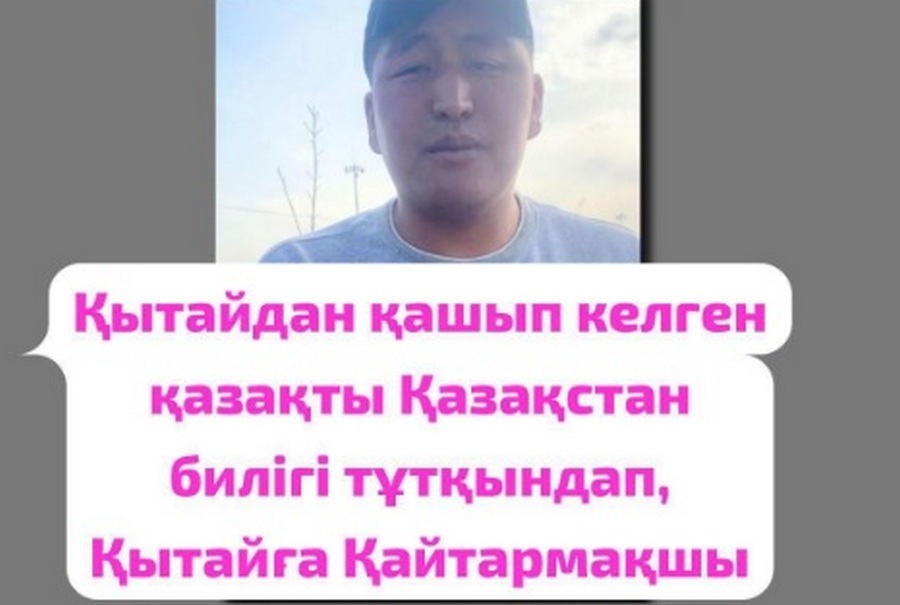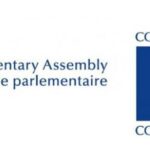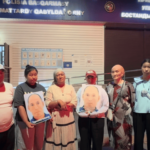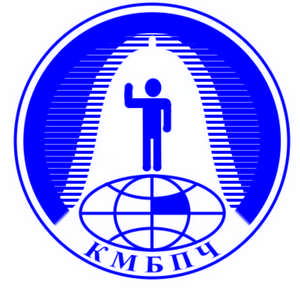An ethnic Kazakh has disappeared after illegally crossing the Chinese border to reach Kazakhstan. The information available to us suggests that Abai attempted to enter Kazakhstan in order to escape the repression faced by Kazakh minorities in China. On one side, a human rights organization claims that Abai is still in Kazakhstan; on the other, the Ministry of the Interior of the Republic of Kazakhstan states that he has “voluntarily returned to China.”
So, where is Yerzhanat Abai?
Yerzhanat Abai, a 23-year-old citizen of the People’s Republic of China of Kazakh origin, is believed to have attempted to enter Kazakhstan on March 27, 2025, in order to seek refuge there.
Since then, his situation has remained unclear. On one hand, a human rights organization claims that Abai is still in Kazakhstan. On the other, the Ministry of the Interior of the Republic of Kazakhstan asserts that he has “voluntarily returned to China.”
According to Atajurt, a volunteer organization that defends Kazakhs who are victims of oppression in Xinjiang, Abai is currently being held by Kazakh police. If this information proves accurate, there is still time for the Kazakh authorities to uphold international law.
Kazakhstan is a party to the 1951 Convention relating to the Status of Refugees, as well it has signed and ratified the United Nations Convention against Torture. Article 3 of this convention is clear:
No State Party shall expel, return (‘refouler’) or extradite a person to another State where there are substantial grounds for believing that he would be in danger of being subjected to torture. For the purpose of determining whether such grounds exist, the competent authorities shall take into account all relevant considerations, including, where applicable, the existence in the State concerned of a consistent pattern of gross, flagrant or mass violations of human rights.”
In Abai’s case, these grounds are not only substantial, but overwhelming. If he came to Kazakhstan, it seems evident that he was seeking to escape such repression. In the event of his return, Kazakhstan would be violating the principle of non-refoulement.
Since 2017, the Xinjiang Uyghur Autonomous Region has been the scene of a large-scale crackdown on Muslim ethnic minorities, including Uyghurs, Kazakhs, Huis, Kyrgyz, and Tajiks. Under the pretext of combating terrorism, Chinese authorities have established an extensive network of internment camps—officially labeled as “transformation through education” centers—where hundreds of thousands of people are arbitrarily detained.
Testimonies collected by Amnesty International reveal systematic practices of torture, brainwashing, and deprivation of religious and cultural freedoms, as well as pervasive surveillance, even after prisoners are released. Inside these camps, detainees are forced to abandon their language, faith, and customs under threat of severe punishment, with the aim of forcibly assimilating them into the ideology of the Chinese Communist Party.
If he is expelled to China, there is a strong likelihood that Abay will be tortured, mistreated, and suffer irreparable harm. A recent report by the UN High Commissioner for Human Rights even speaks of crimes against humanity, citing credible evidence of torture against Muslim minorities—particularly Kazakhs—in Xinjiang.
The KIBHR has contacted the Ministry of the Interior of the Republic of Kazakhstan. The response provided by the authorities seems to indicate the decision Kazakhstan has made regarding Abai’s fate.
According to them, on March 28, 2025, the Panfilov District Court found Abai guilty and issued an administrative expulsion order, granting him a 10-day period to voluntarily leave Kazakhstan. The judgment was explained to him in the official language, and he acknowledged the facts. According to the Border Service, Yerzhanat Abai allegedly left Kazakhstan on May 12, 2025, at 7:48 p.m. through the Nur-Zholy border checkpoint.
Although it remains unclear whether he actually returned to China, it seems that an official version of events has already been established regarding his situation.
But what is the reality? For now, there is no certainty.
Abay is not an isolated case. In the face of this persecution, many ethnic Kazakhs from China have sought refuge in Kazakhstan, where some of them hold citizenship. Since 2017, tens of thousands of families have seen their relatives arrested or disappeared in Xinjiang and have encountered the inaction of the Kazakh government. Despite growing pressure from NGOs, public opinion, and the families of returnees, the Kazakh authorities have refrained from condemning Beijing.
Since 2016, the Chinese Communist Party (CCP) has subjected Uyghurs and members of other predominantly Muslim ethnic minority groups in the Xinjiang Uyghur Autonomous Region (XUAR) to genocide, state-imposed forced labor, and crimes against humanity – writes the Bureau of International Labor Affairs of the US Department of Labour.


















